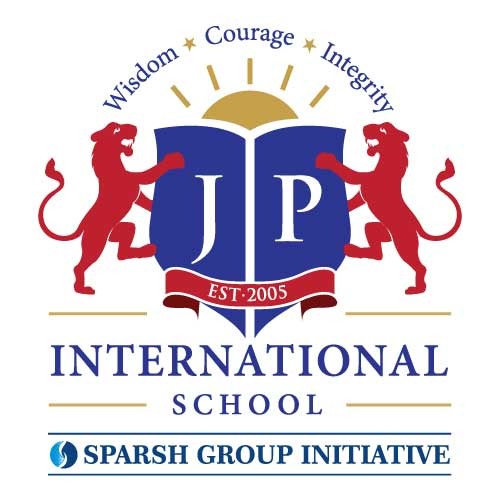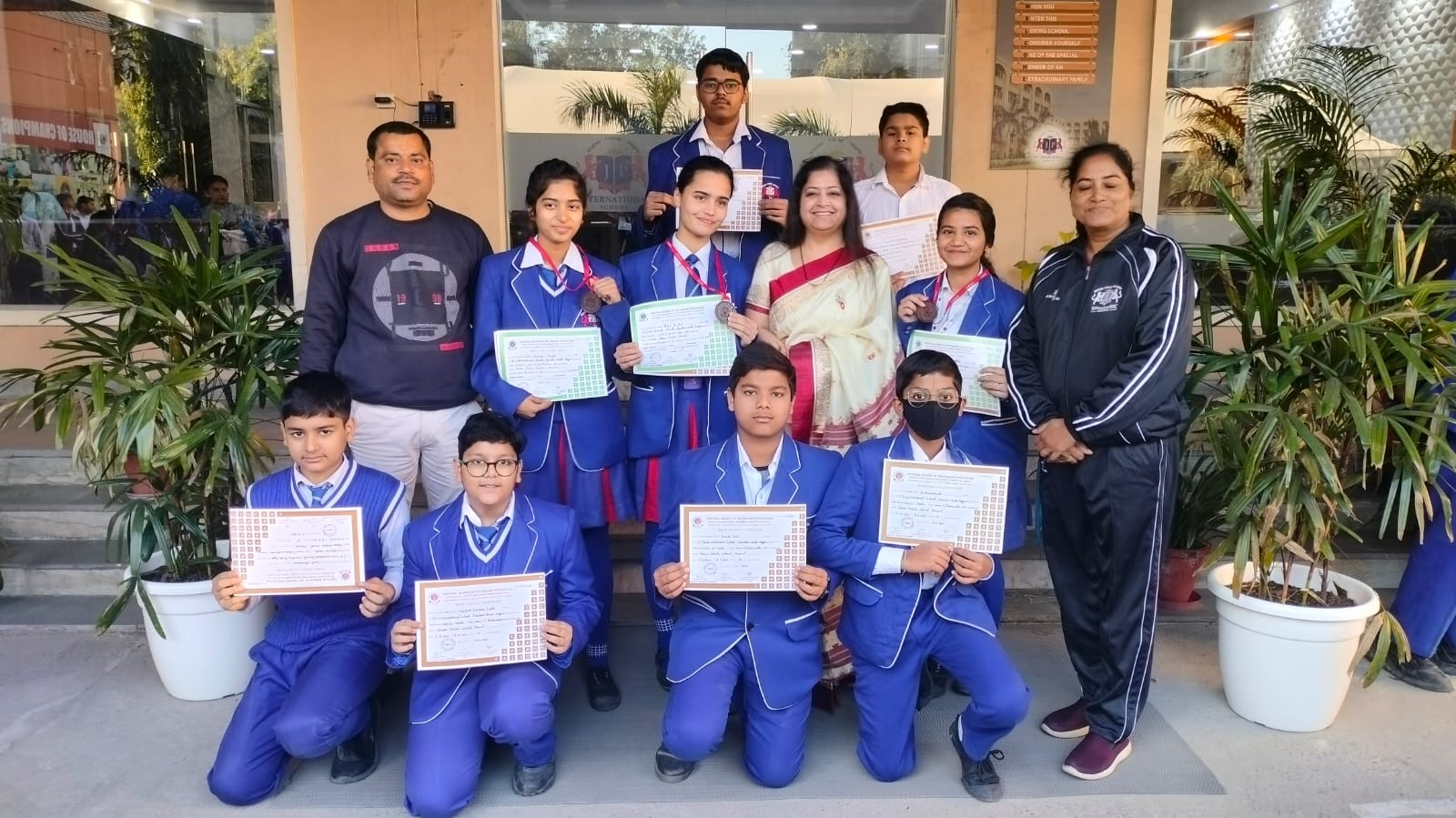

T:+91 7669-933-404
Email: [email protected]
Plot 3A, Sector Omega 1, Near Pari Chowk, Greater Noida, GB Nagar, Pin Code 201308


T:+91 7669-933-404
Email: [email protected]
Plot 3A, Sector Omega 1, Near Pari Chowk, Greater Noida, GB Nagar, Pin Code 201308

In today’s globalised communities and seamless borders, it is imperative to have the capability to merge in a world, to be able to adapt in any group, any community and any country. And for this, multilingualism is a key differentiator. At first, being multilingual was not widely recognised, but now people understand that it is an asset that plays a role in achieving impressive results. Multilingual skills can develop from early school days.

Researchers have constantly discovered that multilingual students have greater cognitive ability. Students who speak different languages work their minds and develop skills in handling information, focusing and remembering things more efficiently.
In particular, the ability to switch languages easily helps sharpen mental flexibility. This flexibility in thought is very helpful when answering exam questions that require critical thinking and imagination. Multilingual students usually learn to listen more carefully, which is important for spotting key information in assignments or instructions.
Multilingual individuals are more skilled at ignoring distractions because their brains have learned to move between various languages. This added attention provides a huge benefit when it’s time for tough revision sessions or assessments. Their stronger working memory means they can sort and remember more details simultaneously, which helps a lot in their academic journey.
Furthermore, learning different languages encourages a well-organised study strategy. Studying a language requires regular efforts, practice and constant focus, which benefit students in academics.
Speaking several languages is helpful for the mind, emotions and character. Having more than one language gives students better understanding and helps them stay flexible in managing stress. It becomes easier for students to deal with new things, like unfamiliar words or challenging tests.
Speaking various languages increases a person’s confidence in themselves. Students feel happy when they understand that they can communicate in many languages across a multitude of diverse groups.
Emotional strength makes it easier for multilingual students to continue working on their studies. If students trust their abilities, they tend to set goals, concentrate and bounce back after facing challenges, a trait known as grit. Thus, multilingualism may help students become more mentally tough during their academic journey.
Multilingualism offers a wealth of cognitive and academic advantages, but staying motivated remains essential for all learners, regardless of their linguistic abilities. Here are evidence-based strategies to maintain focus and succeed in your academic journey:
Fluency in more than one language matters in more than just school grades. As the world becomes more connected, employers appreciate language skills as they demonstrate a person’s ability to understand others’ cultures, adjust and ask questions. As a result, acquiring several languages during school opens up opportunities for success in many areas.
Having several languages opens up educational opportunities for students. Critical thinking improves your mind, makes you emotionally intense and boosts your motivation. Since holistic development is a focus at JP International School, students value learning different languages in all areas of the school. When JP International School cultivates this aspect, students learn to excel in more areas than exams, improving themselves in every aspect of life.
Multilingualism enhances cognitive abilities such as memory, concentration and problem-solving skills. Students who speak multiple languages often show greater mental flexibility and focus, allowing them to absorb and recall information more effectively during exams. These students also tend to develop better study habits and emotional resilience, contributing to improved academic performance.
- JP International School14 June 2025
When JP International School cultivates this aspect, students learn to excel in more areas than e...
7 June 2025
When schools use these skills in regular lessons, students will be better prepared to face the ch...
31 May 2025
Education in institutions such as JP International School is about academics and creating well-ro...
24 May 2025
The 2025 CBSE results have reinforced JP International School’s position as a beacon of academi...
17 May 2025
Parents can help their children develop problem-solving abilities by incorporating them into thei...
 28 November 2024
28 November 2024
.jpg) 27 November 2024
27 November 2024
 8 December 2022
8 December 2022
